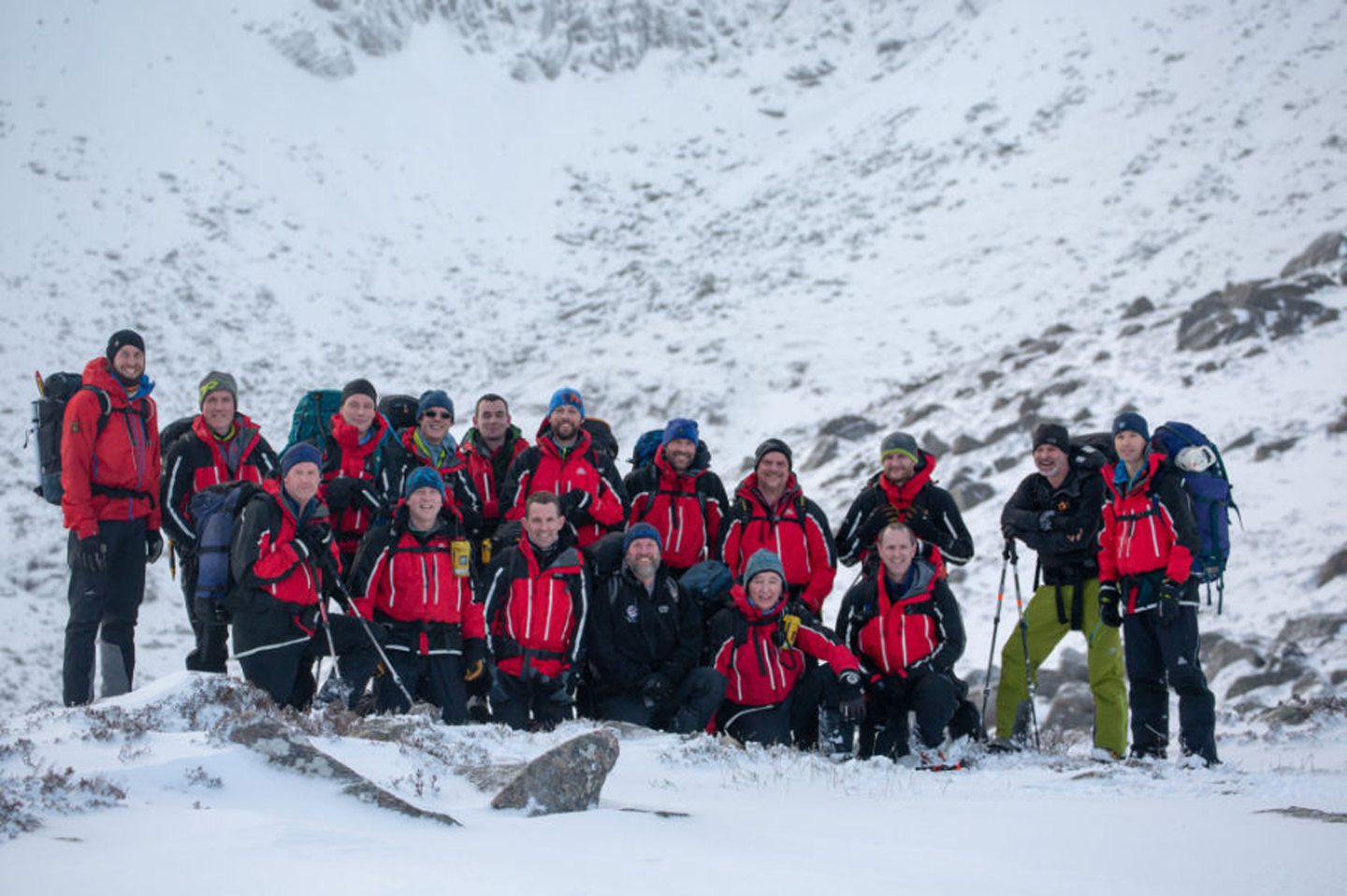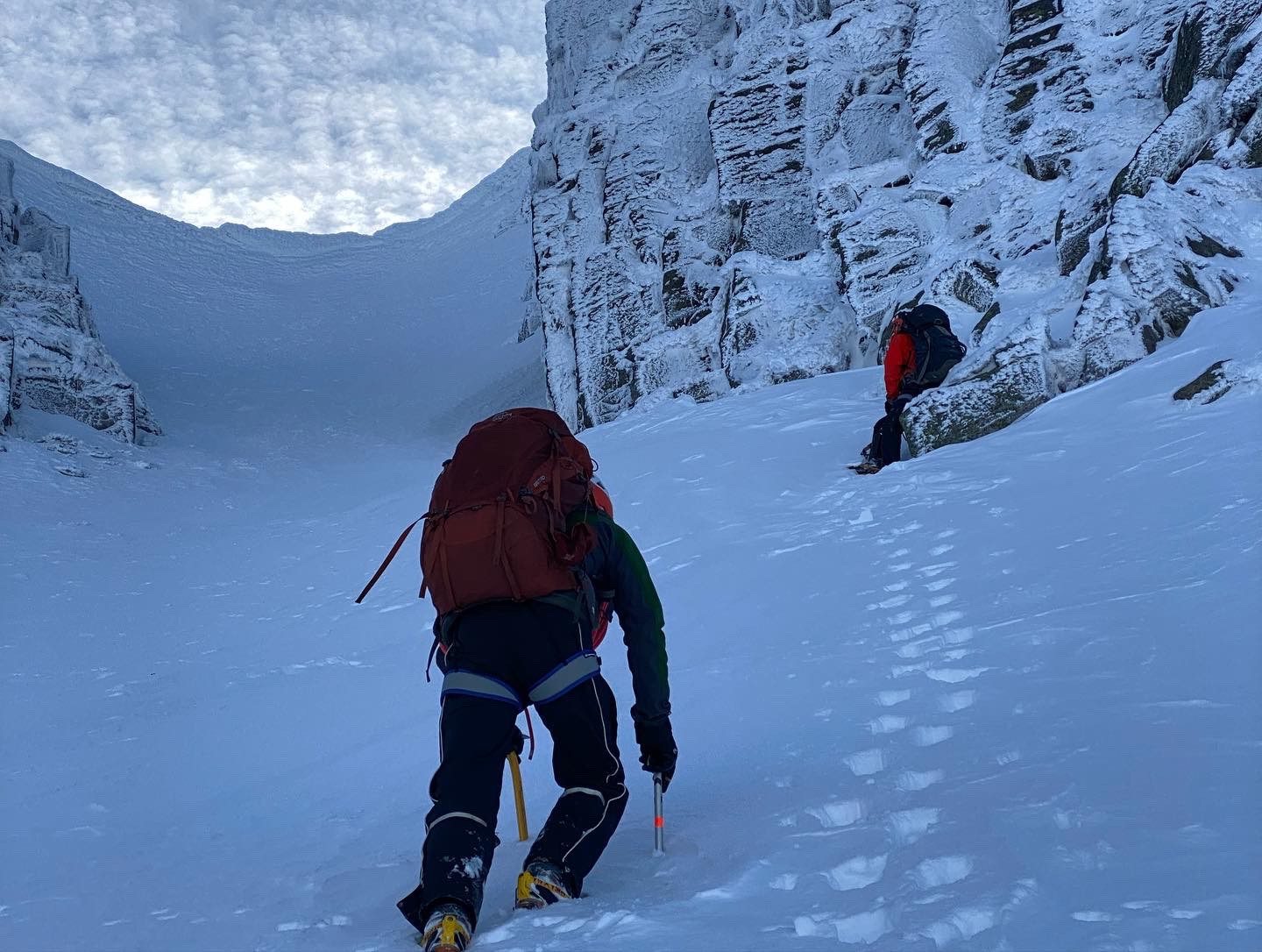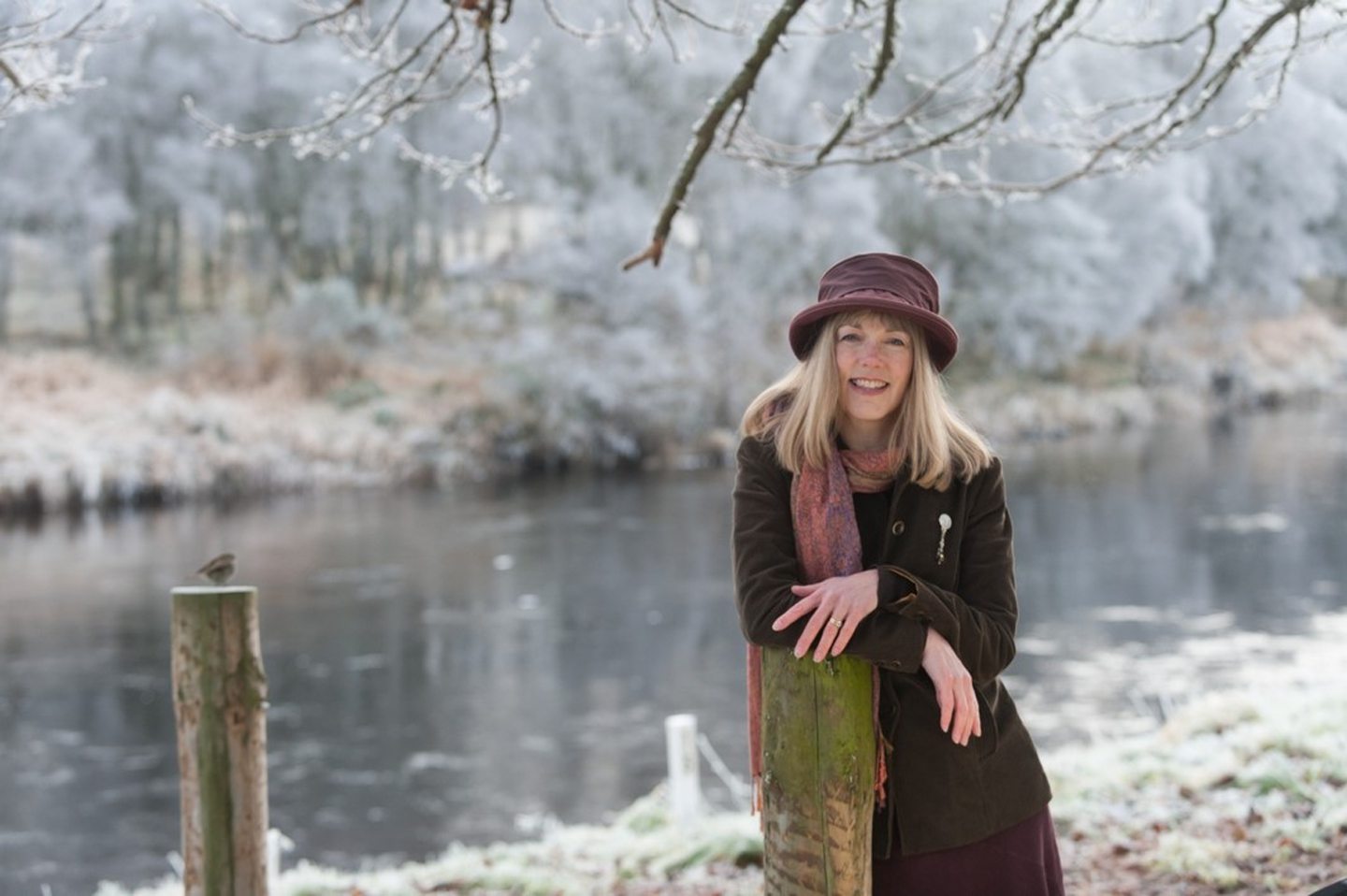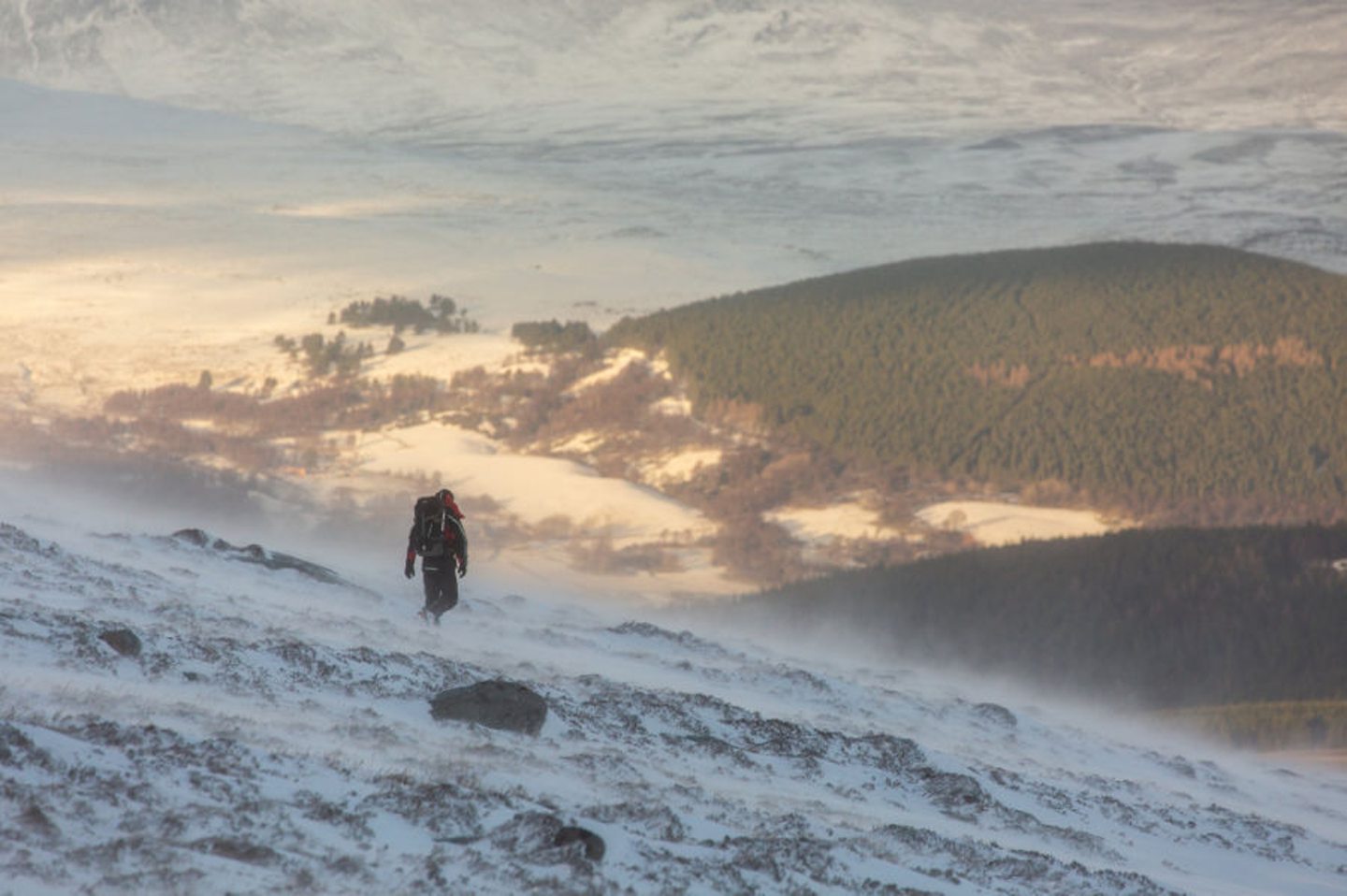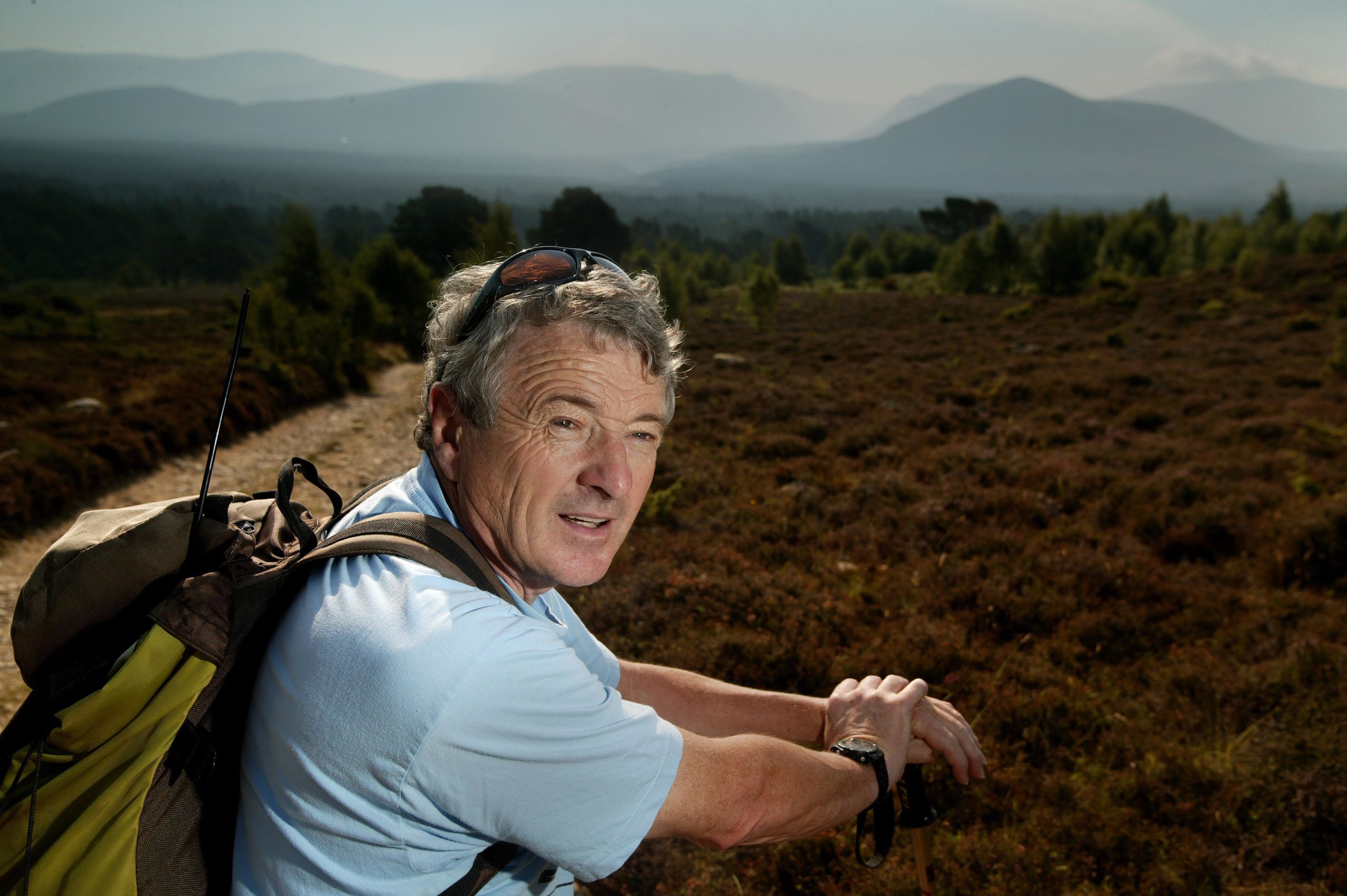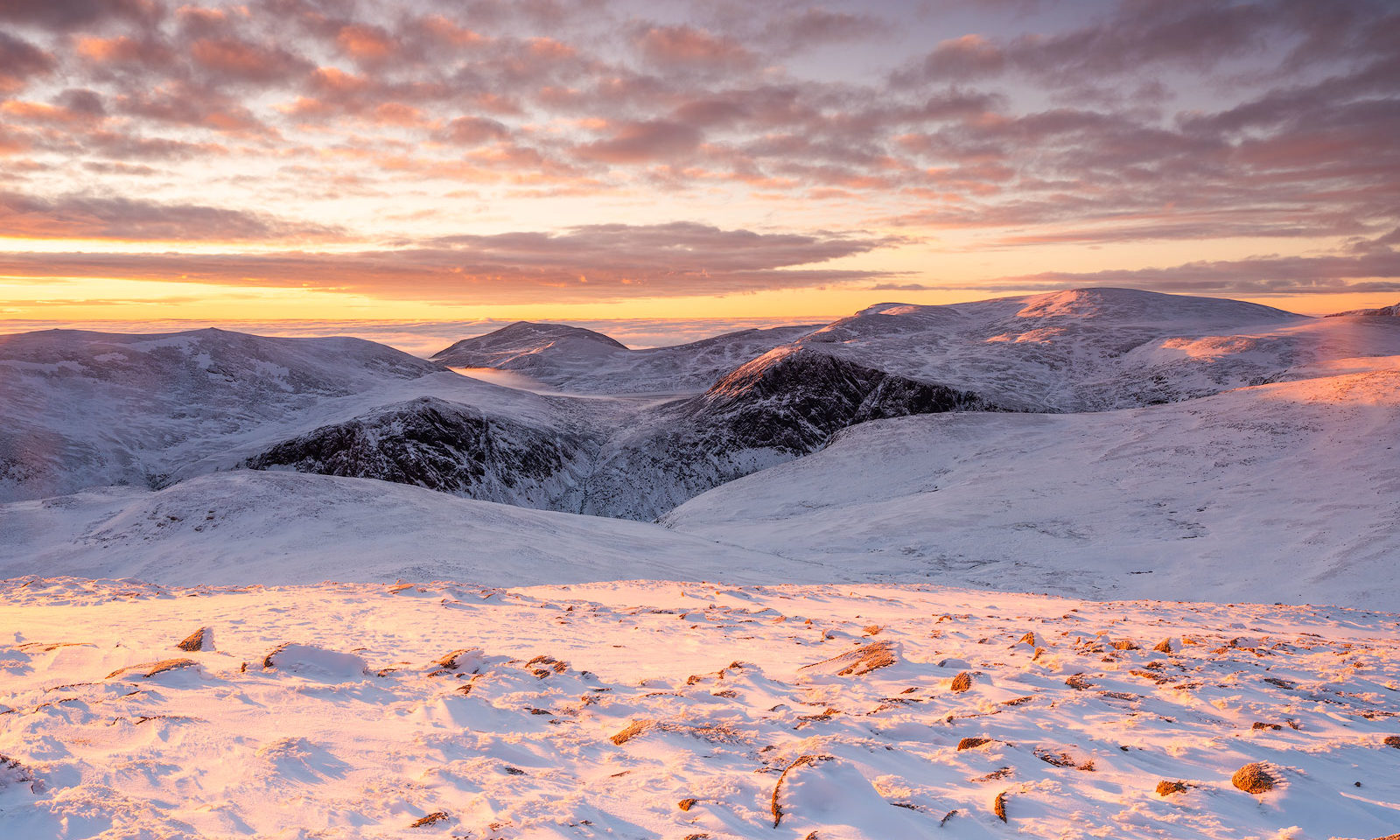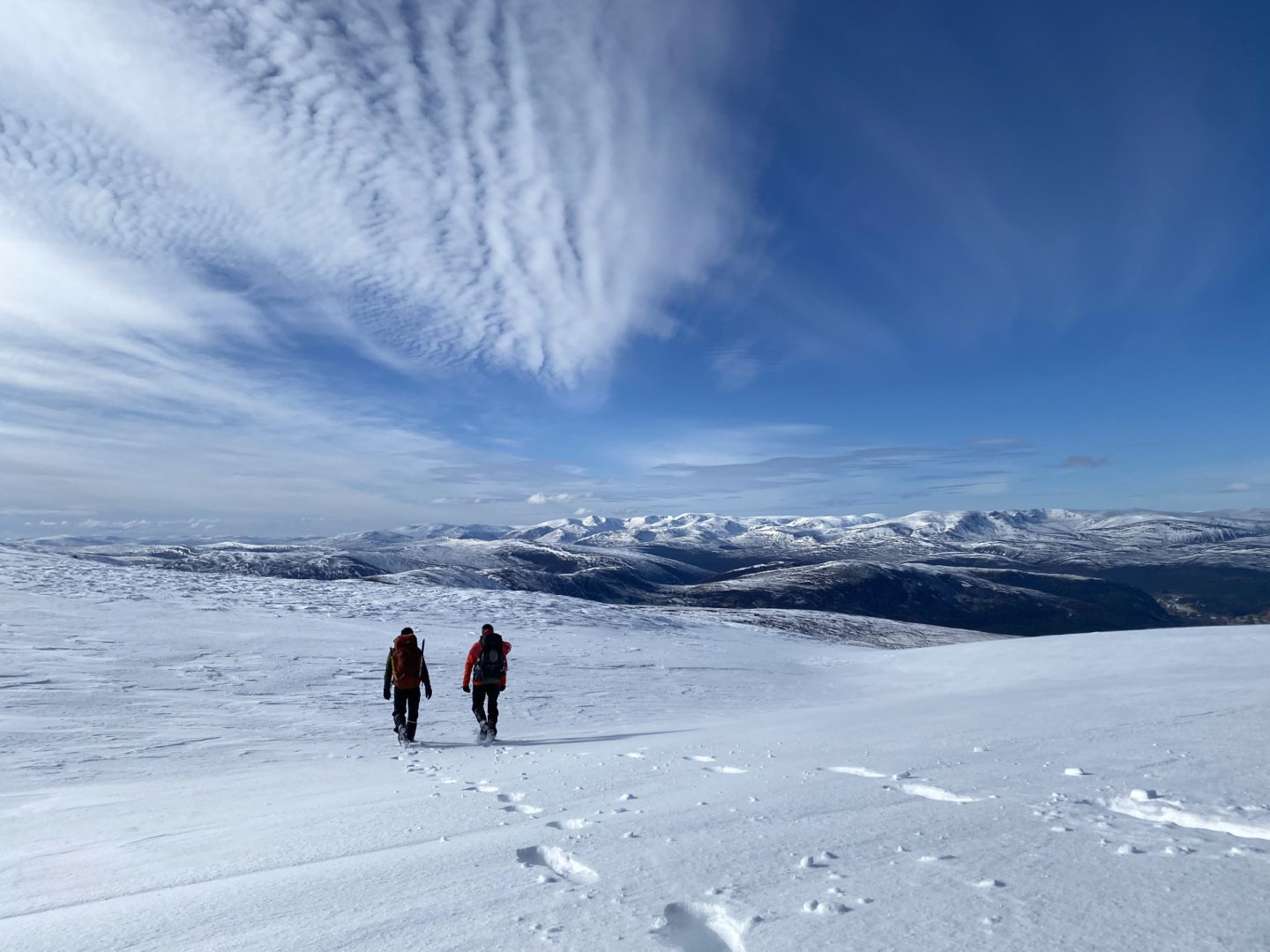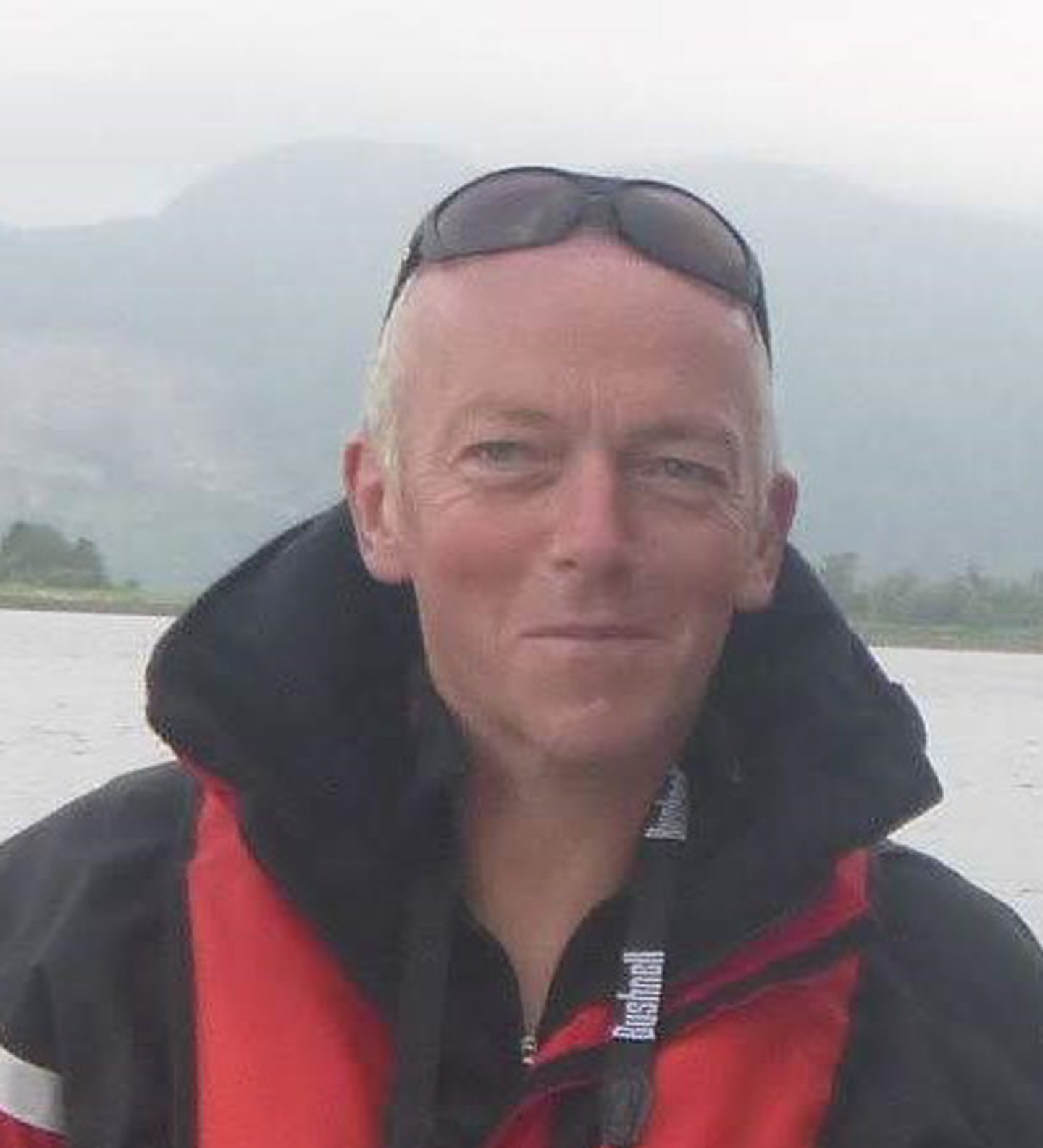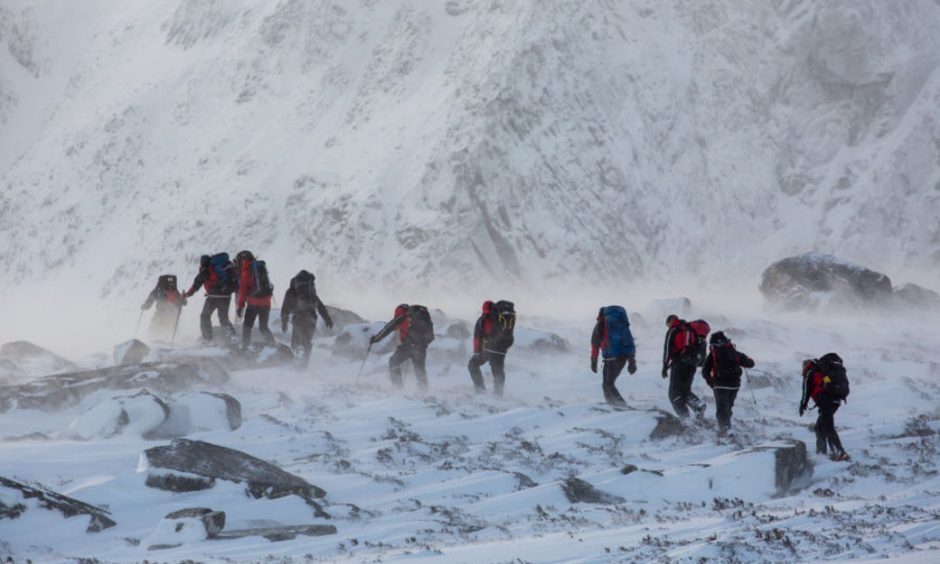
They’re the men and women who are prepared to boldly go where few others would dare to venture – and certainly not on a voluntary basis.
And this week, as winter arrived in Scotland with a vengeance, Malcolm MacIntyre, the operations manager of Braemar Mountain Rescue Team, talked with remarkable calmness about some of the experiences he and his colleagues have endured.
They might be out with friends socialising or making plans for Christmas, but when the call comes, Mr MacIntyre and the 40-plus members of his organisation, are ready to drop everything at a minute’s notice and head into Scotland’s high places to help those who have found themselves in difficulty, either through injury, illness or the elements.
Always ready to respond
He was speaking from 27 years of witnessing, at close quarters, the vagaries and fluctuations which can occur in his native land, where it’s a commonplace for the Cairngorms to experience more than one season’s weather in a 24-hour period.
And yet, undaunted, he and the stalwart members of the various rescue teams who follow in his footsteps across the north and north-east of the country are always prepared to respond to emergency calls at any time of day or night.
He told me: “It is all done on a voluntary basis and, obviously we have other things in our lives, but we have to make sure we always have enough people to do the job.
“It’s very rare that the situation becomes so dangerous that we can’t react to a call-out. I remember one night in Lochnagar when we were being knocked over by the strength of the wind and we had to wait and, a couple of years ago, there was a high avalanche risk, so we had to take a more circuitous route, but we use careful judgments.
We don’t pick and choose our rescues
“The fact is that Nature can occasionally catch you out and we all love being on Scotland’s hills and mountains and, when we’re not working with the team, that’s how many of us choose to spend our weekends and we’re privileged to do that.
“So we try not to blame others who get into difficulties and we don’t pick and choose those we try to assist. I want people to enjoy the outdoors and a lot of this job is enjoyable. Sometimes, it is tragic and that is horrendous, but nothing we’ve seen will stop us from doing what we need to do to ensure life is as safe as possible.”
‘We owe them the deepest gratitude’
Merryn Glover was first introduced to the Cairngorms more than 30 years ago. Soon enough, she read Nan Shepherd’s fabled book, The Living Mountain, and was increasingly captivated by the “endless fascination” of the region.
These peaks were her friends and she loved them to such an extent that she became the first writer in residence at the Cairngorm National Park in 2019.
But Ms Glover, the author of the acclaimed The Hidden Fires, is fully aware that, while the shimmering peaks can provide resplendent vistas for those who negotiate them, they can also pose a threat to any visitor who takes them for granted – and that helps explain why she is such a passionate supporter of those who rescue others.
She told me: “We are blessed in Scotland with very easy access to stunning mountain landscapes. But the ease is deceptive.
“In winter, especially, they can be dangerous and unpredictable. Our enjoyment of them is quietly supported by dozens of mountain rescue volunteers who are highly trained and dedicated, often going out in nightmarish conditions to help the lost and injured.
“Without them, Scotland’s mountains would be a much riskier proposition. So we owe them the deepest gratitude.”
Over 50 years since tragedy
It’s more than 50 years since the Cairngorm Plateau disaster in 1971, which claimed the lives of five teenagers and one of their teachers, who were on an eight-strong navigational expedition in a remote area of the mountains when disaster struck.
That was one of the compelling reasons why John Allen – who is known throughout the Highland community as Cairngorm John – has poured his heart and soul into both encouraging and educating the myriad visitors who love the rugged outdoors.
And although he was involved in more than a thousand rescues during 35 years of service to the Cairngorm MRT, he told me last week that he remains as much in love with his country’s mountains, bens and glens as he has ever been.
No judgement
Mr Allen’s team was once confronted with a situation where more than 30 youngsters – and just one teacher – from a faith school in London found themselves in difficulties and were actually rude to the people who had risked their own lives to protect them.
Faced with such provocation, he admitted it was difficult to remain sanguine or bite his lip. But despite all these considerations, his philosophy has not changed.
He doesn’t pretend to have all the answers. Yet he is convinced that, for as long as there are mountains, the benefits will outweigh the perils for those who want to climb them.
He said: “No rescuer ever rushes to judgment, far less blame. Everyone involved knows that, under different circumstances, in different times, it could have been them.
“There is always a back story, a combination of circumstances, history, decisions made by others, and character.
“That is true of the mountain itself, whose story goes back into geological time, of the casualties and the strings of decision and coincidence that bring them to grief, and it is true of the rescuers as well.
Don’t just rely on your smartphone
“Mountaineering Scotland already broadcast, lecture, write and generally try to spread the message that smartphones have their limitations in hill navigation.
“And one of the major changes affecting mountain rescue in the last 10 years is an increasing reliance on the mobile phone.
“They are an awesome tool of the trade with high functionality, but this has to be underpinned by the correct use of a map and compass.”
He added: “It seems that growing numbers of inexperienced walkers are using their phones for navigation without knowing the rudimentary principles of navigation.
“The question is: How do you persuade the modern generation, who rely so closely on their phones for communication that, if you go into the hills, you must also learn old-fashioned, but life-saving techniques? Phones will only help you so much.
“Battery power is a disadvantage. A signal is not always available in remote areas. Direct sunlight on the screen reduces visibility. They are awkward to use when wearing gloves. And there is the fact that phone maps do not give the bigger picture of what is around you. Which is very important when the light fades quickly.”
‘Stay as safe as possible’
None of this prevents Mr MacIntyre and his confreres from carrying on with their day jobs, but being on standby if their expertise and enterprise is required.
As he said: “We want everybody to get acquainted with Scotland’s mountains, but we only ask them to use the right equipment and check out the weather forecast and avalanche information which is now available.
“This could be a great weekend to be on the hills, but bring an ice axe, a torch, crampons and a map and do whatever you can to stay as safe as possible.”
If something goes wrong, he will be fast to act, along with many others in the different teams. None of them regard themselves as heroes, but they surely merit that word.
Further information is available from mountaineering.scot
